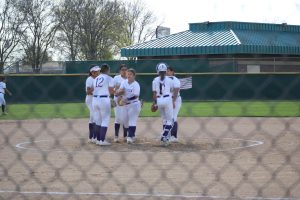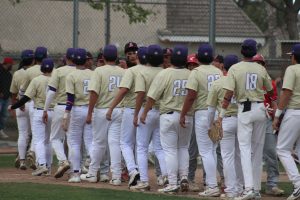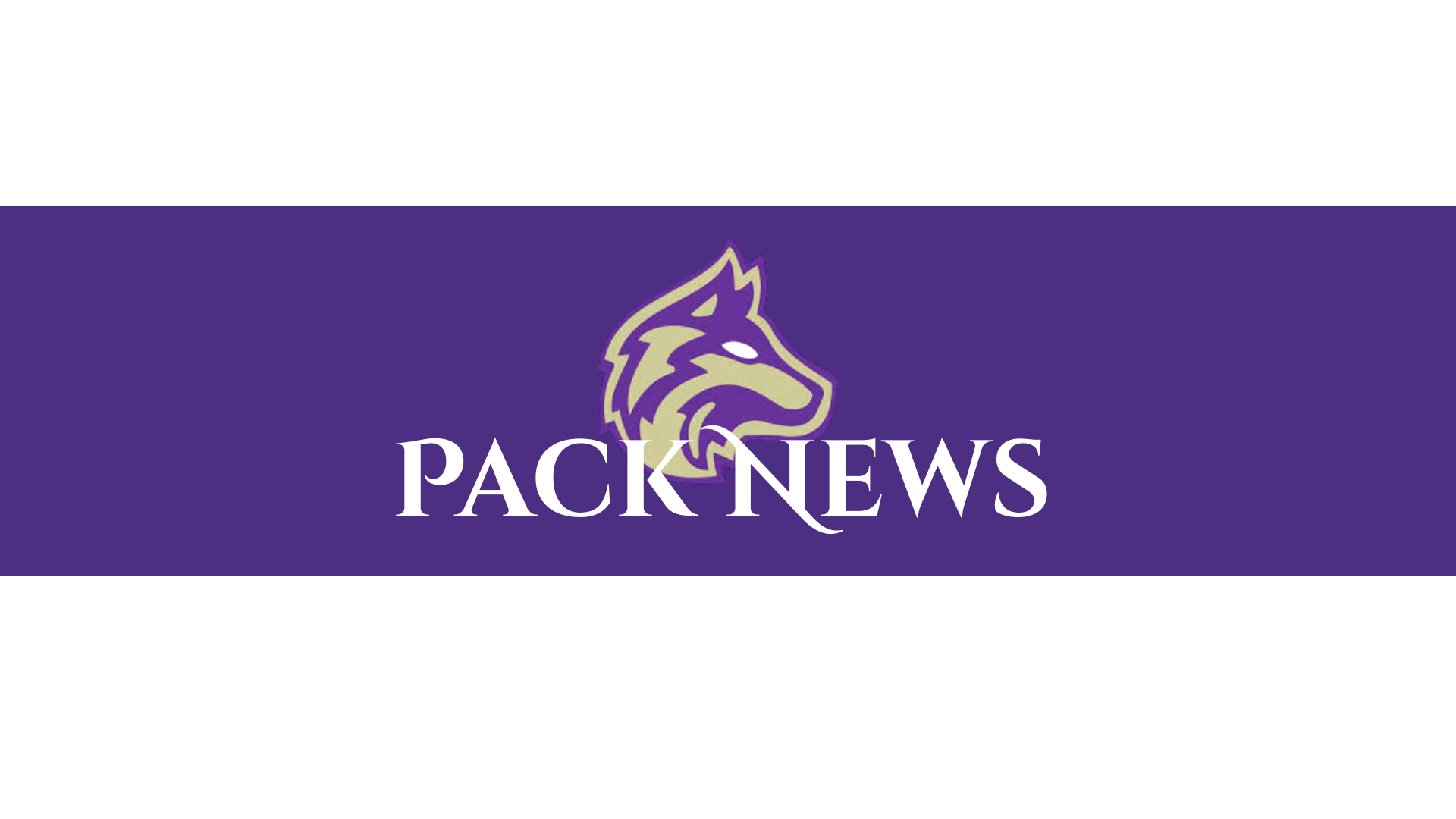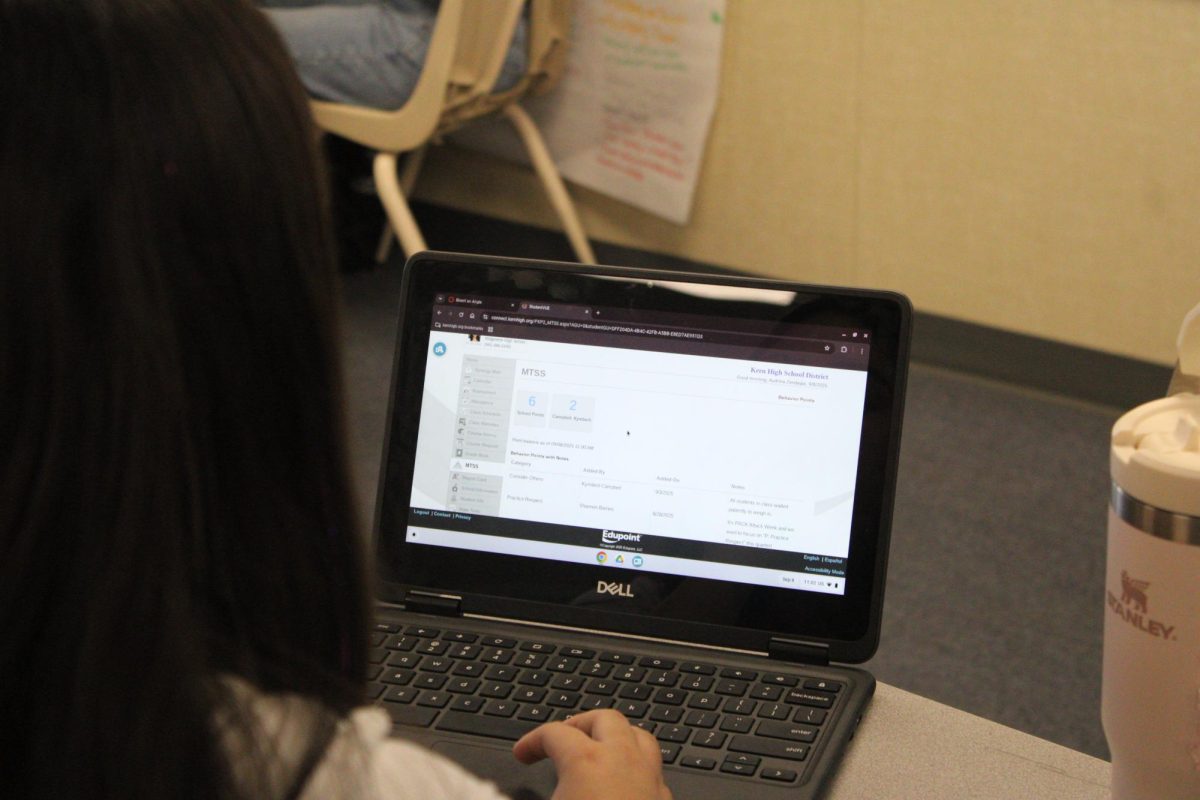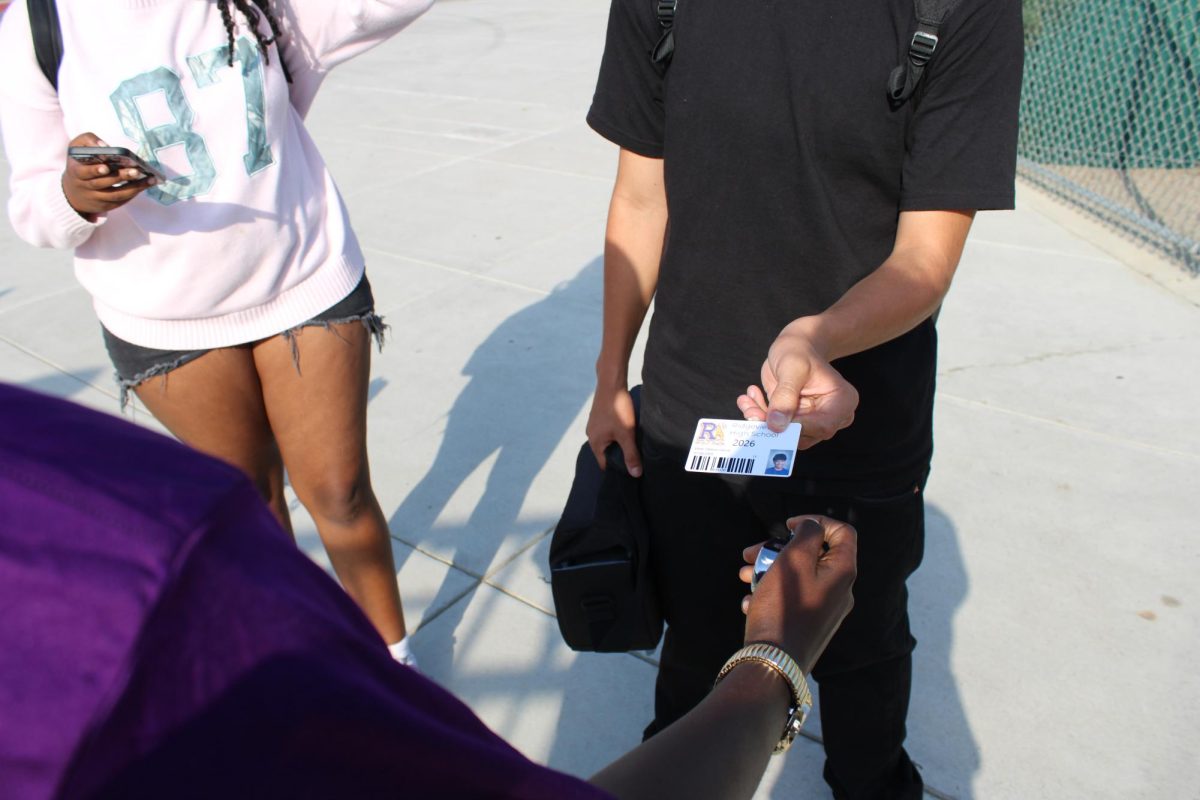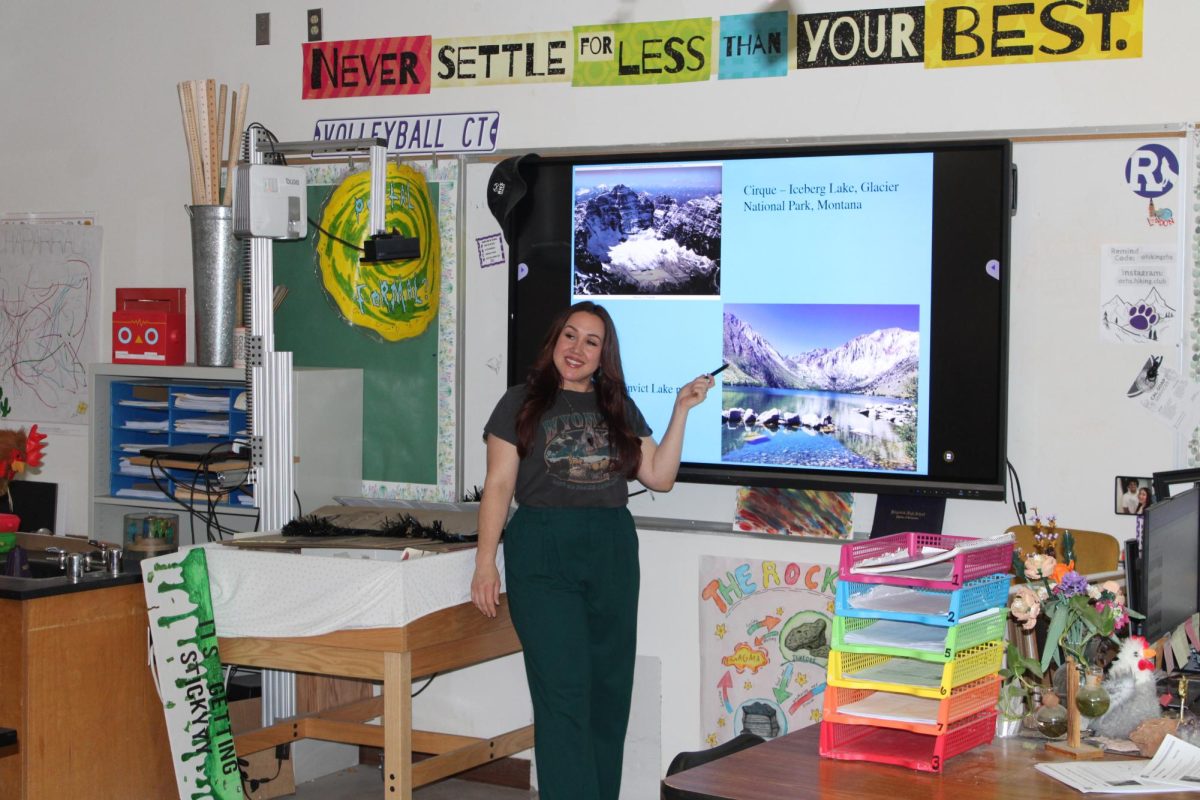With the next presidential elections coming up in November, undecided voters and political differences are ever growing with misinformation spreading about both candidates. Two respected Social Science educators here at Ridgeview express their concerns as well as thoughts on the events caused by the upcoming election.
Paul Hernandez, a social sciences teacher here at Ridgeview is also the advisor of the We The People, a political student discussion program which leads Hernandez to be an avid follower of legislative news. From discussing the electoral college to this year’s candidates, Hernandez hears multiple questions, concerns and opinions from students everyday which has led him to learning how to “set the parameters for what is acceptable when discussing hot topics”. Hernandez explains, “I make it clear we need to be better than our actual politicians when it comes to discussing serious issues.” With misinformation becoming more common in this age of the internet, Hernandez believes political social media content is dangerous to voters trying to form a voter decision or opinion. Hernandez expresses, “This is concerning given most people post opinions or one sided takes on politics with minimal research done about the candidates issues or policies.” As dominant issues such as inflation, immigration, abortion and, foreign policy in the Middle East and Ukraine, political polarization between parties have become more significant the past few years. Hernandez claims, “This has been occuring more over the last several presidential elections and division between the two parties has allowed the more extreme elements of both parties to hold the platform of each party.
Philip Collignon, an Assistant Dean and AP Government teacher here at Ridgeview is a fellow educator of not only the government but economics as well. Along with the millions of others that tuned in to watch the debate, Collignon noticed a difference in opinion on social media after the debate. Collignon shares, “The polling numbers seem to suggest that it did in fact have a positive impact for Vice President Harris. I would be surprised if President Trump wants to have an additional debate.” Collignon believes social media’s big issue isn’t the attempts of switching voters, but the spreading of misinformation. To combat this growing issue, Collignon expresses his favorite non-partisan information resources for the undecided or conflicted voters he knows personally. Collignon shares, “I love the website Ballotpedia as a generic resource. I also encourage voters to do the I Side With quiz to get a quick analysis of which candidate they most align with ideologically, not personality wise.” Through all the chaos, Collignon shows curiosity for not only the election but the outcome of the results. Collignon expresses, “I think the election will be exciting and it will be interesting to see who wins Pennsylvania!”
Angelique Campos, a sophomore here at Ridgeview has slowly started learning and developing her own feelings on politics. Planning to vote when she becomes eligible, Campos describes her ideal candidate as, “Someone who is willing to listen to everyone’s concerns and tries to find a middle ground instead of leaning towards what they believe is right.” Still in the process of researching, Campos currently believes both popular candidates have their flaws. Campos states, “I think both candidates have cons to them, some more than the other, but nonetheless neither of them are perfect which is why I feel like I hear a lot of adults now confused on how they want to vote for.” With less than 50 days until elections, the subject of politics is becoming a talking point of many conversations from adults to teenagers. Campos sees the difference in how people approach controversial topics by explaining, “I see conversations about politics happen much more often now than I did five or six months ago. It’s crazy to see how passionate some of my peers get when conversing.”





